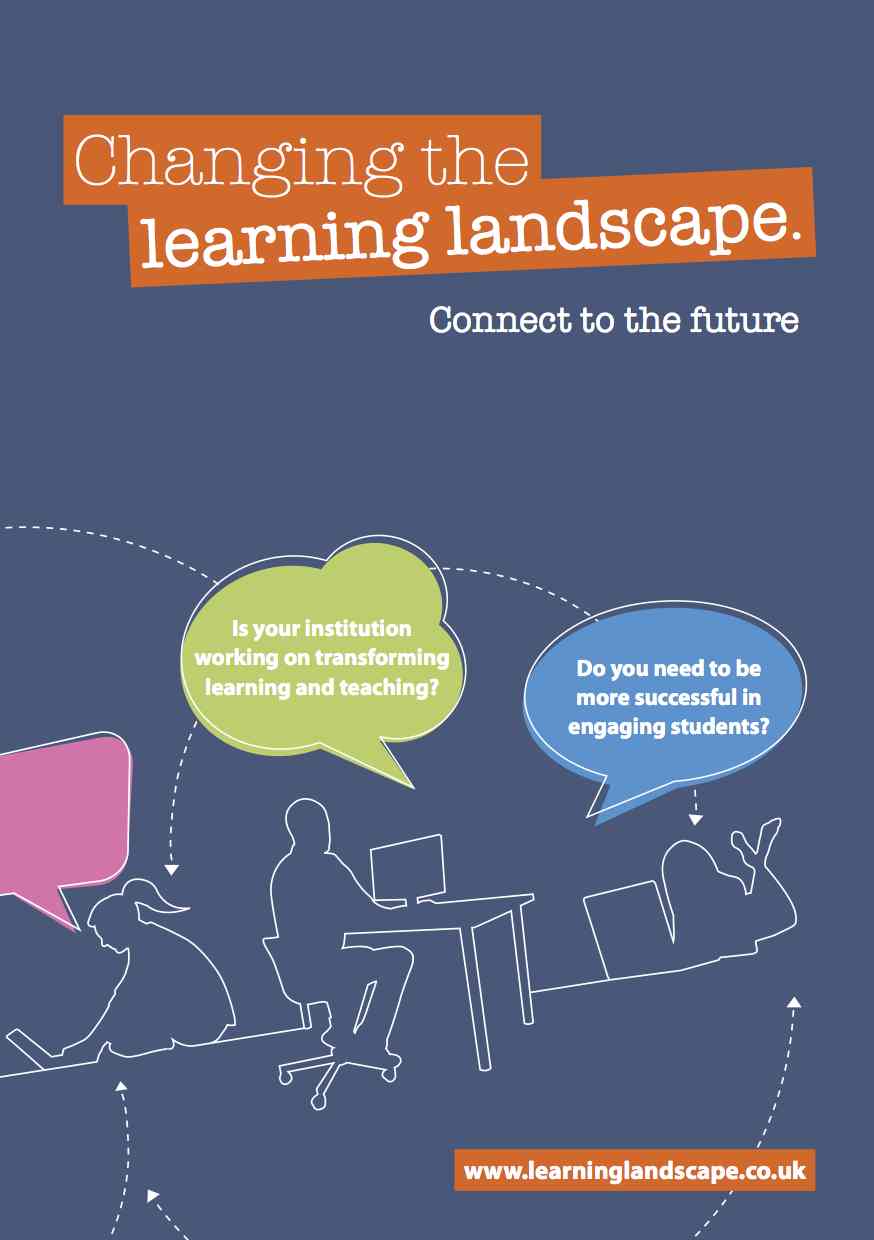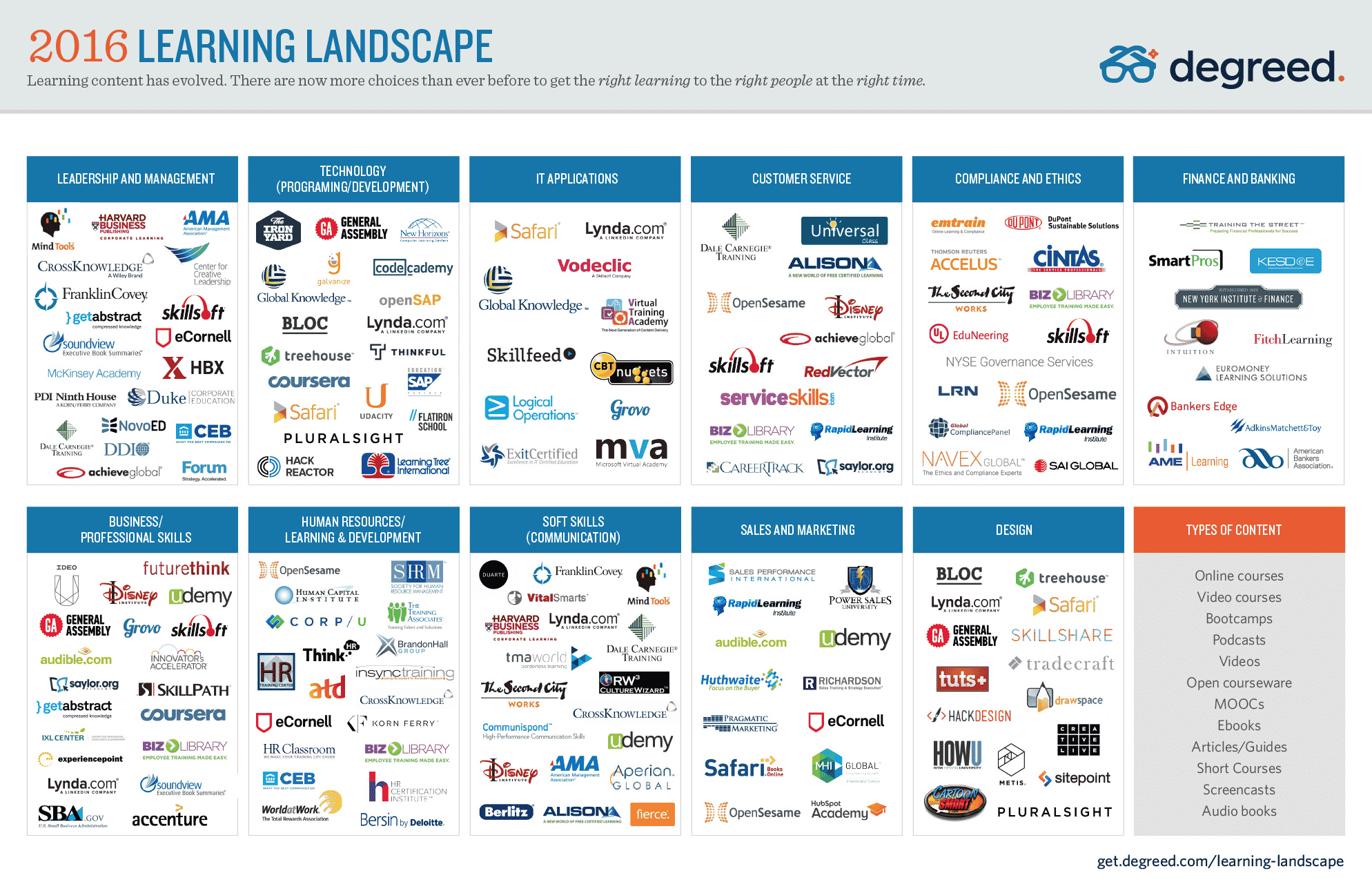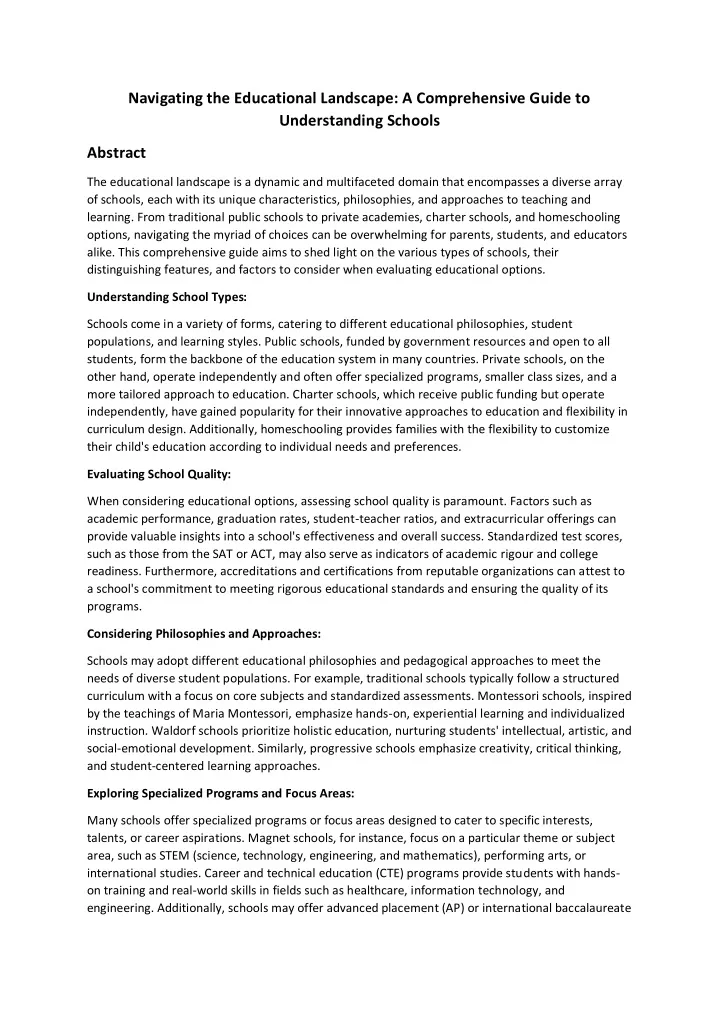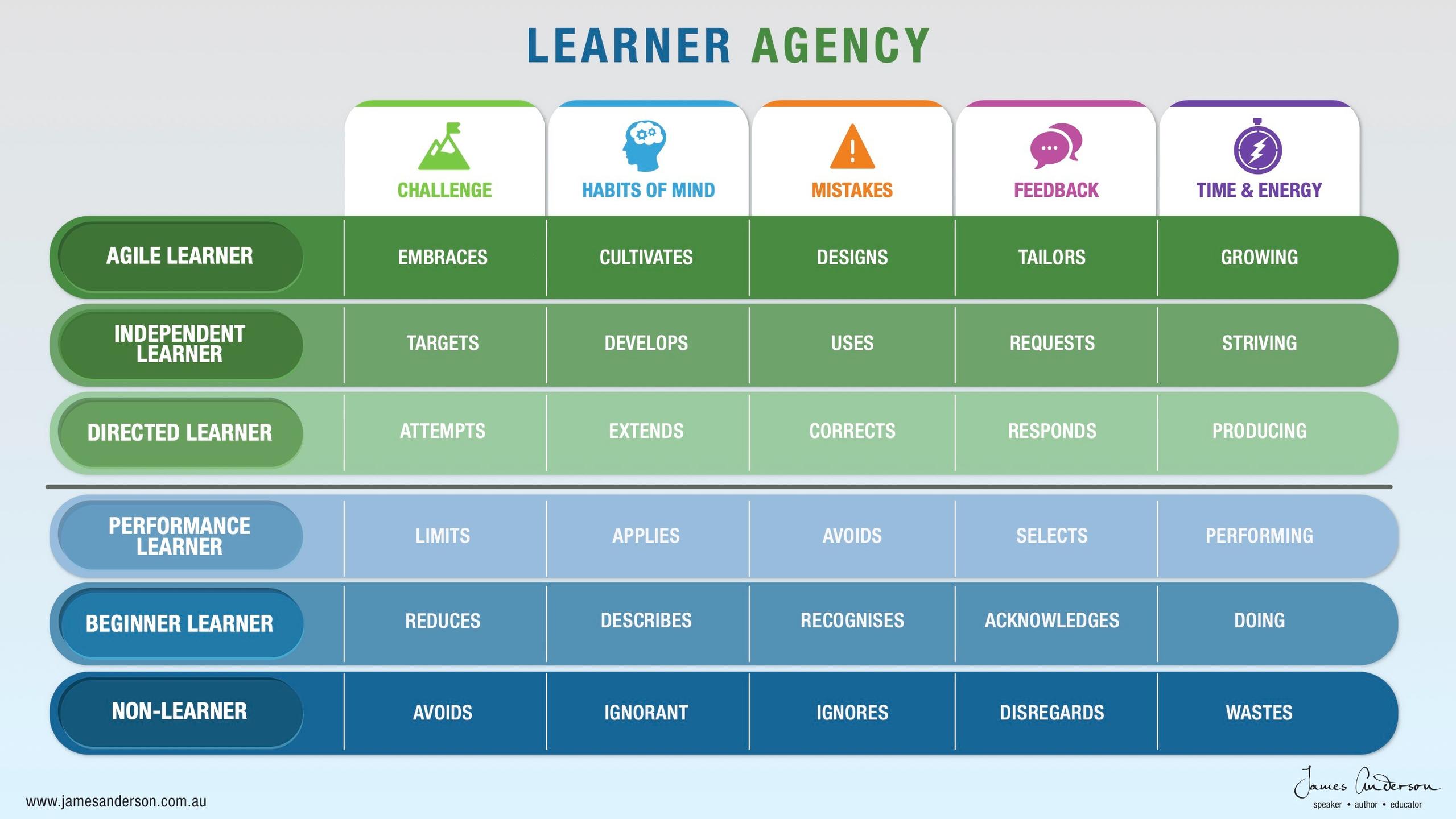Navigating the Landscape of Learning: A Comprehensive Guide to TCC Campuses
Related Articles: Navigating the Landscape of Learning: A Comprehensive Guide to TCC Campuses
Introduction
With enthusiasm, let’s navigate through the intriguing topic related to Navigating the Landscape of Learning: A Comprehensive Guide to TCC Campuses. Let’s weave interesting information and offer fresh perspectives to the readers.
Table of Content
Navigating the Landscape of Learning: A Comprehensive Guide to TCC Campuses

The Tidewater Community College (TCC) system, a cornerstone of higher education in Hampton Roads, Virginia, boasts a network of campuses strategically positioned to serve the diverse needs of its student body. Understanding the layout of these campuses is crucial for both prospective and current students, as it facilitates informed decisions regarding academic pursuits, commuting, and campus life. This article provides a comprehensive overview of the TCC campus map, highlighting its significance in navigating the educational landscape.
A Network of Learning Centers:
TCC’s network of campuses, each with its unique character and offerings, spans across the Hampton Roads region, encompassing:
- Virginia Beach Campus: Situated in the heart of Virginia Beach, this campus is the largest and most comprehensive, offering a wide range of academic programs and student support services. Its central location provides convenient access for residents of Virginia Beach and surrounding areas.
- Chesapeake Campus: Located in Chesapeake, this campus serves the growing community with a focus on career and technical education, offering programs in fields such as healthcare, welding, and automotive technology.
- Norfolk Campus: Situated in downtown Norfolk, this campus is a hub for urban learning, providing access to a diverse range of academic programs, including business, humanities, and social sciences. Its proximity to the city’s cultural and economic centers offers students unique opportunities for internships and career development.
- Portsmouth Campus: Located in Portsmouth, this campus caters to the needs of the local community with a focus on workforce development and continuing education, offering programs in fields such as hospitality, early childhood education, and criminal justice.
- Southside Campus: Located in the Southside of Hampton Roads, this campus serves the communities of Suffolk and Franklin, offering a range of academic programs, including nursing, business administration, and general education.
- Regional Centers: TCC operates several regional centers throughout the Hampton Roads region, providing convenient access to academic programs and services in various locations. These centers offer a blend of online and in-person courses, catering to the needs of students seeking flexible learning options.
Understanding the Map’s Importance:
The TCC campus map serves as a vital tool for students, faculty, and staff, facilitating:
- Informed Program Selection: Students can utilize the map to identify campuses offering their desired academic programs, making informed choices based on location, program availability, and faculty expertise.
- Efficient Commuting: The map provides clear visual representation of campus locations, allowing students to choose the campus closest to their residence or workplace, minimizing travel time and maximizing convenience.
- Campus Exploration: Prospective students can use the map to virtually explore the campuses, gaining a sense of their physical layout, facilities, and atmosphere, aiding in their decision-making process.
- Resource Accessibility: The map helps students locate essential campus resources, such as libraries, student centers, and academic advising offices, streamlining their access to vital support services.
- Community Engagement: The map facilitates understanding of the interconnectedness of TCC campuses, promoting collaboration and engagement among students and faculty from different locations.
Navigating the Map:
The TCC campus map is readily available online and in printed format, offering various features for efficient navigation:
- Interactive Map: Online maps often provide interactive features, allowing users to zoom in and out, navigate between campuses, and access detailed information about specific buildings, programs, and resources.
- Campus Directory: The map includes a directory of buildings, departments, and offices, enabling users to quickly locate specific locations within each campus.
- Transportation Options: The map may highlight transportation options, such as public transit routes, parking information, and bike paths, aiding students in planning their commute.
- Accessibility Features: The map often includes accessibility features, such as wheelchair-accessible entrances, ramps, and elevators, ensuring inclusivity for all students.
FAQs by TCC Campuses Map:
Q: What is the best way to find the right campus for me?
A: Consider your desired academic program, proximity to your residence or workplace, and the specific services offered at each campus. The TCC website provides detailed program listings for each campus, allowing you to make informed decisions based on your individual needs.
Q: How can I find my way around a specific campus?
A: The interactive campus map provides a detailed layout of buildings, parking lots, and important landmarks, allowing you to navigate effectively. You can also utilize the campus directory to locate specific departments, offices, and resources.
Q: Are there transportation options available for students?
A: Yes, TCC offers various transportation options, including public transit connections, shuttle services, and designated parking areas. The campus map highlights transportation options, providing information on routes, schedules, and accessibility features.
Q: What if I have accessibility needs?
A: TCC prioritizes inclusivity and provides accessible facilities and services across all campuses. The campus map highlights accessible entrances, ramps, elevators, and other features, ensuring a welcoming and inclusive environment for all students.
Tips by TCC Campuses Map:
- Familiarize yourself with the campus map before your first day: This will help you navigate your surroundings, locate classrooms, and find important resources.
- Utilize the interactive features of the online map: Zoom in and out, navigate between campuses, and access detailed information about specific buildings and resources.
- Download a printable version of the map: This will allow you to reference it offline, especially during your commute or when exploring the campus.
- Ask for assistance if needed: TCC staff and student ambassadors are available to help you navigate the campus and answer any questions you may have.
Conclusion by TCC Campuses Map:
The TCC campus map serves as a vital tool for students, faculty, and staff, facilitating informed decisions, efficient navigation, and access to resources. By understanding the layout and features of the map, individuals can navigate the educational landscape with ease, maximizing their learning experience and enriching their time at TCC. As TCC continues to grow and evolve, its network of campuses remains a testament to its commitment to providing accessible and high-quality education to the diverse communities it serves.








Closure
Thus, we hope this article has provided valuable insights into Navigating the Landscape of Learning: A Comprehensive Guide to TCC Campuses. We appreciate your attention to our article. See you in our next article!